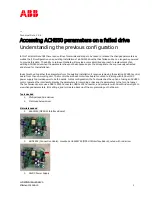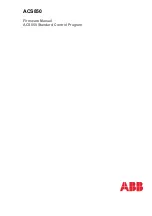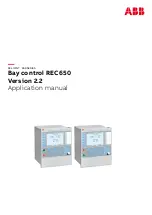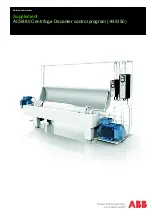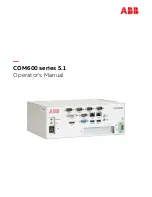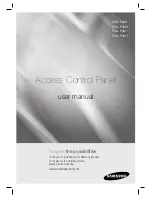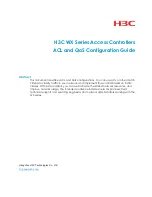
Adaptive® JUNIOR – Technical and HMI User Guide
REV 1.04
18
4.5.3.
PID Control Mode
This mode provides access to Proportional, Integral and Differential
control (PID). In this mode the output is continuously adjusted based
on feedback from temperature sensor D and the P, I & D terms to
maintain the setpoint accurately.
The controller can also be used in PI or just P control with lower
accuracy by setting the I or D terms to zero. To use this mode simply
enter the P, I and D terms as necessary. If you are setting up a new
system it is recommended to use the auto tune mode described below
and then fine tune the values for performance. If you are manually
tuning the PID loop then note that the values entered during tuning can often cause the system to oscillate and also
drive the output bridge to either limit very easily, so could easily damage process product.
4.5.4.
PID Auto Tune Mode
Tuning PID control systems can be a difficult task, taking significant time to produce the best compromise between
speed of response, minimal over shoot, tight control band and stability. JUNIOR provides a built-in method to
achieve this for you. The auto tune process will drive the output in both directions while measuring the resultant
response of the connected system. After a number of cycles, the software will analyse the data and produce P, I and
D terms that will be suitable for most systems. These settings will not be as aggressive as they could be so that
JUNIOR can tune the widest range of systems, and provide stable control. It is therefore suggested that the auto
tune procedure is performed to quickly provide a usable set that can later be tuned and optimised for the expected
operating conditions.
Warning:
The auto tune process will provide full positive and negative step outputs, so the connected system must
be able to handle the maximum drive levels safely and without causing damage. The time taken to perform the auto
tune varies with each system but is normally 5 to 10 minutes, however it may continue considerably longer if the
output of the system is low or faulty.
The system should be supervised until the auto tune process has completed.
Tips for the auto tune process
•
Before starting the tuning process ensure that you have tested all the sensor inputs and output connections
that will be used and that they are working correctly. Note the outputs can be driven fully positive and
negative easily by using the manual control mode to test.
•
Tune the system when it is at or close to its normal operating conditions.
•
Use the plot window to observe sensor D output and the bridge current. This will give you visual feedback of
the process and see the cyclic steps being produced.
To start the auto tune select the control page, press the Auto Tune
button and click apply, see Figure 18. The process will now start and
will complete after a minimum of three cycles have been observed or
stop at ten if the measurements are noisy or uneven
4
. If ten cycles
pass, it indicates that the auto tune algorithm could not determine the
measurements correctly and the mode will switch to off. If this is the
case verify the connections including the polarity of the temperature
sensors and output drive and repeat if necessary.
4
Note if the measurements are low or unobservable it may continue indefinitely.
Figure 17 PID Operating mode
Figure 18 Start of the Auto Tune process


























